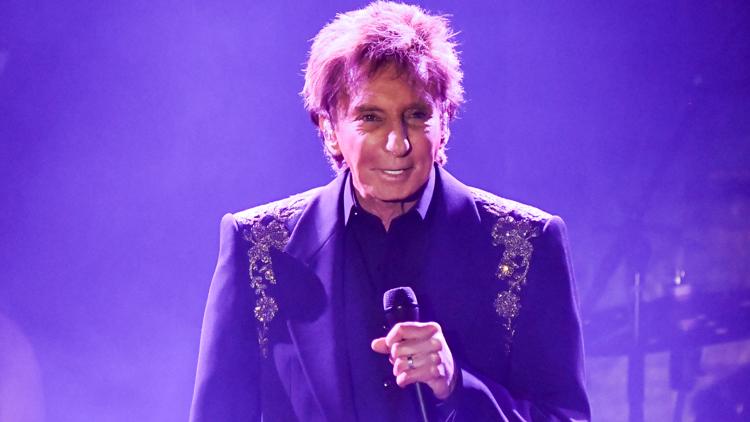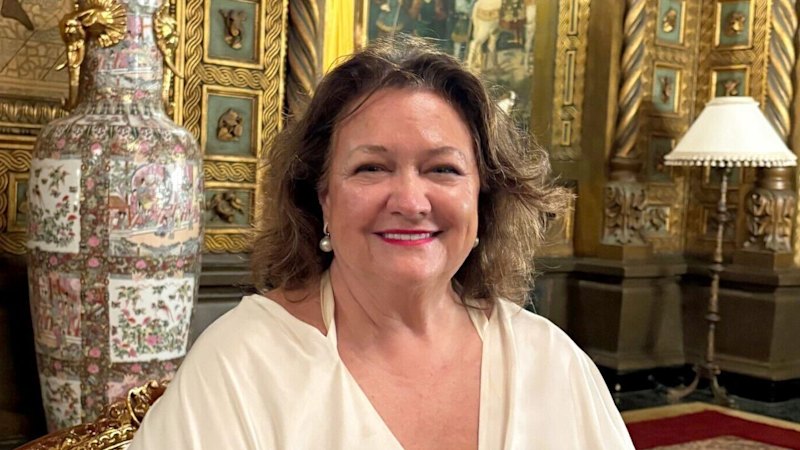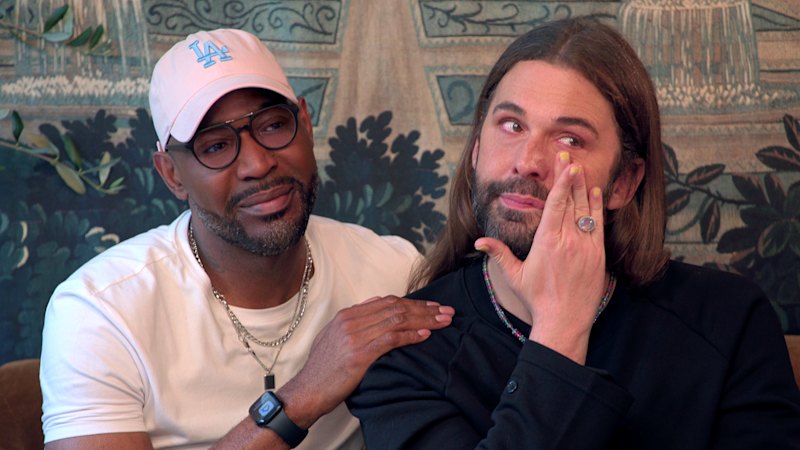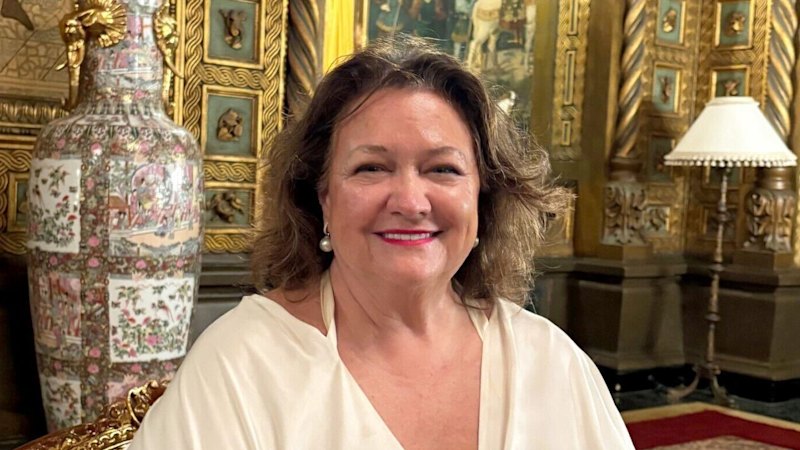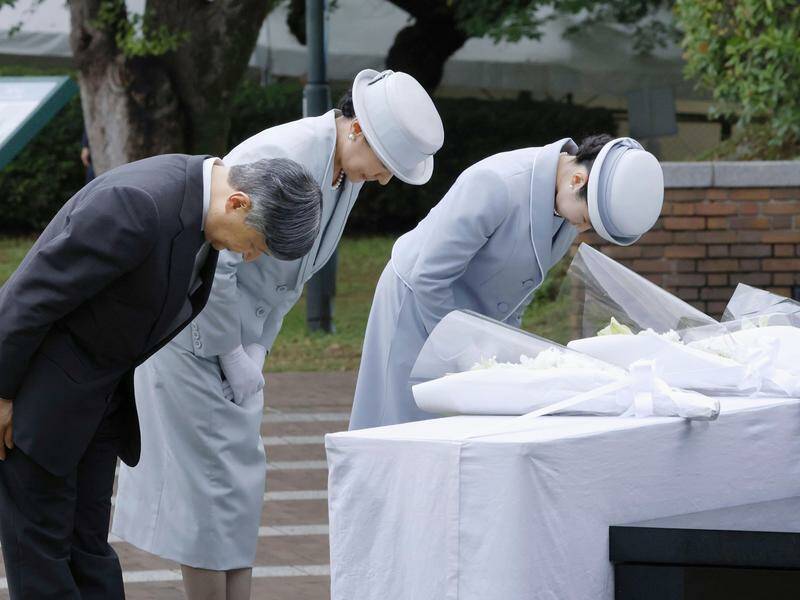
Japanese Emperor Naruhito, alongside his wife, Empress Masako, and their daughter, Princess Aiko, commemorated the victims of the atomic bombing in Nagasaki on the 80th anniversary of the tragedy. The royal family participated in a solemn ceremony at the cenotaph for atomic bombing victims located at the ground-zero site in the Nagasaki Peace Memorial Park.
At precisely 11:02 a.m. on August 9, 1945, the United States dropped a plutonium bomb on Nagasaki, leading to the deaths of over 70,000 individuals by the end of that year. This attack followed only three days after the bombing of Hiroshima, where a uranium bomb killed around 140,000 people. The devastation prompted Japan to announce its surrender on August 15, marking the end of World War II and nearly fifty years of military aggression in Asia.
Naruhito emphasized the importance of remembering these historical tragedies, particularly in educating younger generations about the horrors of war. His visit to Nagasaki is part of a broader initiative to honor the memories of those affected during World War II. As part of this remembrance, he has toured several sites significant to the conflict, including Iwo Jima, Okinawa, and Hiroshima.
The royal couple also recently honored thousands of Japanese prisoners of war who endured harsh conditions in Mongolia during a trip to that country. This effort reflects Naruhito’s commitment to atonement and remembrance, acknowledging the tragic legacy of his grandfather, Emperor Hirohito.
During their time in Nagasaki, the family plans to visit the Nagasaki Atomic Bomb Museum, where they will observe exhibits detailing the events surrounding the bombing and meet with survivors. On Saturday, they are scheduled to visit a nursing home for atomic bomb survivors to offer their support and hear firsthand accounts from those who lived through the devastation.
Many survivors, now averaging over 86 years old, have voiced concerns about the increasing nuclear threats in recent years. Despite their long-standing grassroots campaigns advocating for the abolition of nuclear weapons, there is a growing sense of frustration among them regarding the lack of progress.
This significant anniversary serves not only as a remembrance of those who perished but also a call to action against the continued existence of nuclear arsenals worldwide. Naruhito’s visit reinforces the necessity of dialogue and education on the impacts of war, ensuring that the lessons of history resonate with future generations.


